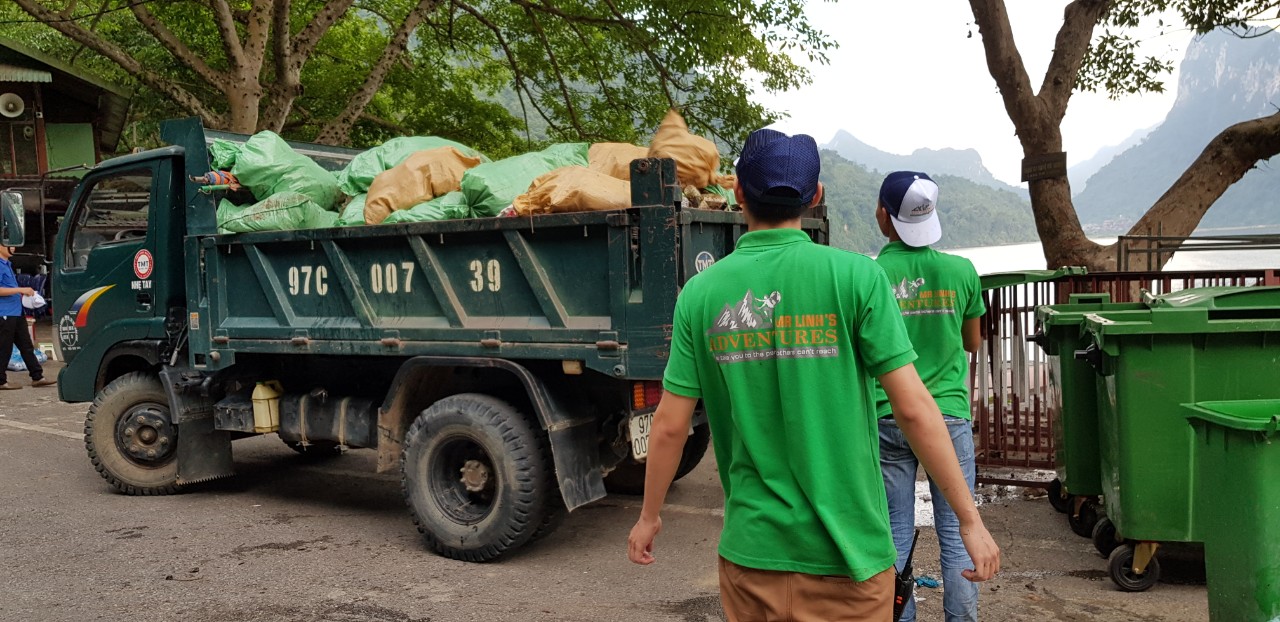Published on August 20, 2020
As nations wait for a vaccine to stop Covid-19 from spreading, our planet shows positive signs due to the measures taken against the virus. By slowing down human activities, researchers manage to point out the indirect positive effects on the environment such as the improvement in air quality, clean beaches and environmental noise reduction. On the other hand, these contingency measures also have negative aspects such as the reduction in recycling and the increase in waste, further endangering the contamination of our oceans and land.
Global economic activity is eventually going to return to normal, so what can we do to help reduce our carbon print when we travel? Here is a brief list of tips for travellers, very easy to apply, giving you the opportunity to compensate your carbon footprint, and support your planet.
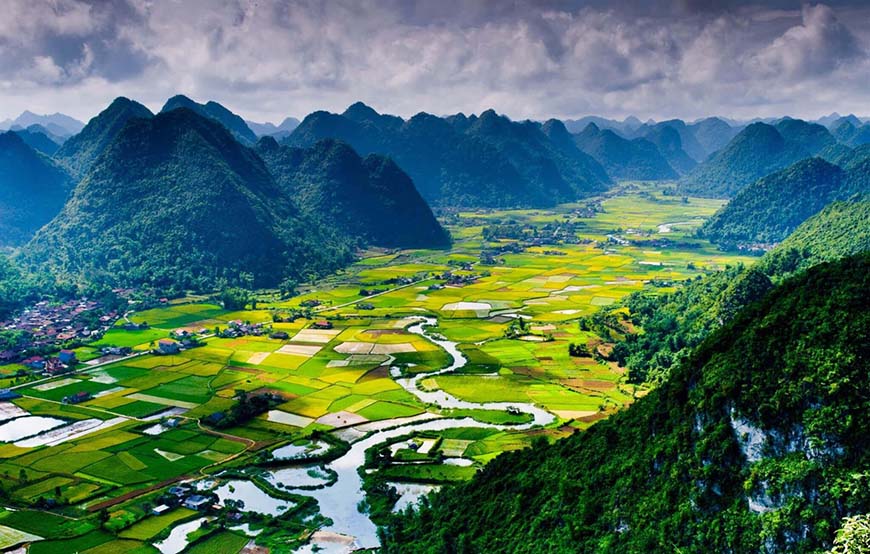
1. Say no to plastic bags or plastic-bottled drinks
You are living an amazing experience that will hopefully give you great memories to cherish for decades to come. A few hundreds of years seem too much though, so do not accept plastic bags that will use this much time to biodegrade. Take a re-useable shopping bag when you go to local markets. Some of you may already have one on them at all times at home. Why not continue this useful habit abroad?
The same goes to the different drinks you can buy to take away, all come with a plastic cup, a plastic cover and a plastic straw. Buy a re-usable bottle and ask the seller to pour the drink inside. As for water, most places are now equipped with water filters. So check first, and if you are reassured, go ahead and ask him to fill in your own bottle.
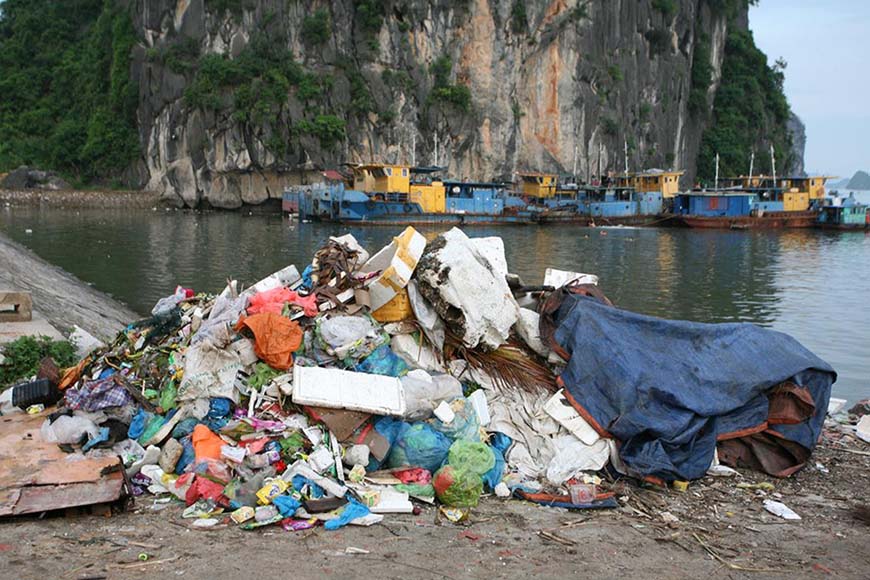
2. Choose your transportation wisely
Changing the way we move from one place to another is one of the most obvious topics to reduce air pollution. We all breathe the same (un)fresh air so let’s re-think our trips. Instead of using private transportation, why not join in a small group tour? Your tour operator takes care of everything, the van is shared with a dozen people maximum, providing you the opportunity to interact with other travellers or locals, while receiving the tour guide’s knowledge and visiting amazing sites.
Try to avoid large groups as if you are looking for adventure for example, the bigger the number of tourists, the greater the number of restrictions. In addition, smaller groups tend to have less of an environmental impact, so travel with a tour operator that favours small group tours and that's environmentally responsible.
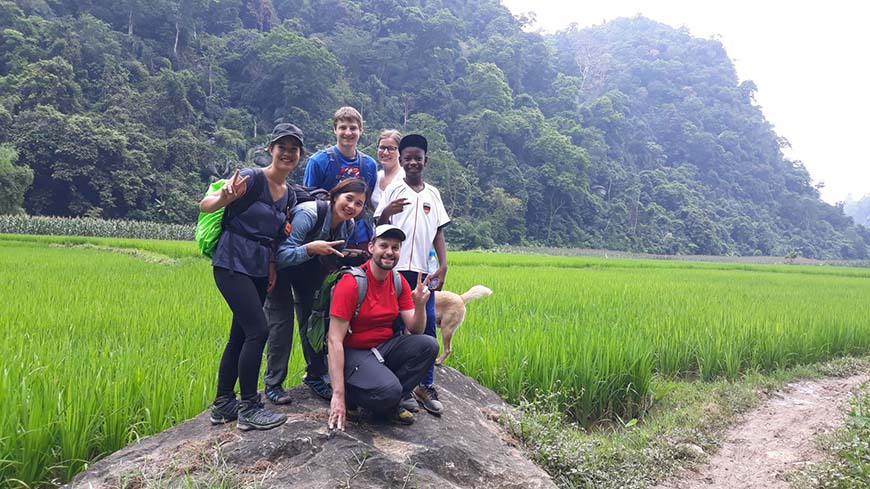
3. Limit air travel
You would not visit your whole country within a couple of weeks, so try to focus your attention on a region and limit the number of domestic flights. If we choose Vietnam for example – destination chosen completely randomly of course – there are three main areas: the North with its mountains, Halong Bay and terraced rice fields; the Centre with its romantic and historical cities such as Hue and Hoi An; and the South with the Mekong Delta and dreamy islands. Choose only two regions instead of running through the country. You will get to enjoy a deeper experience of the places visited and understand more about the culture of the inhabitants.
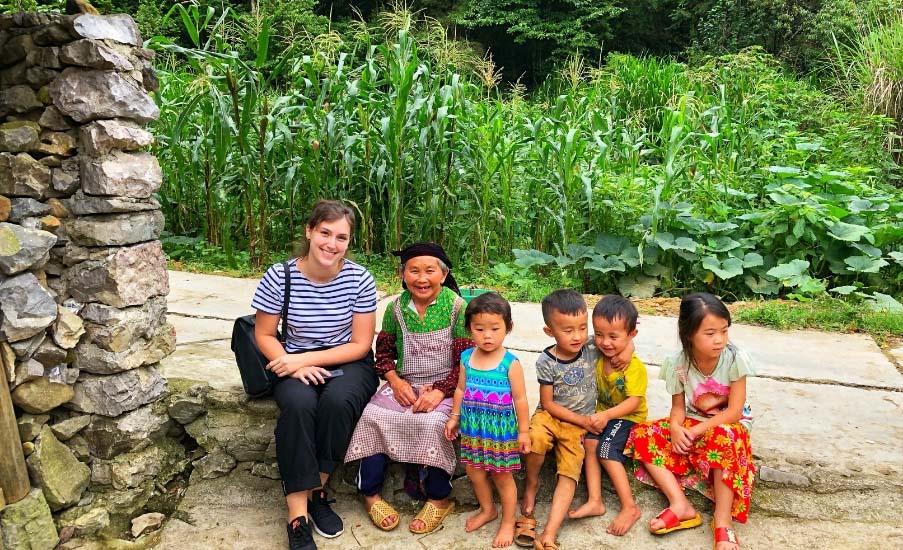
4. Eat and drink local
This is a great way to enrich your experience with little details. Try locally brewed beer which will probably be very good plus low-carbon. Taste local dishes with meat, fish and vegetables provided by local suppliers. We promise you this will be worth it on so many levels!
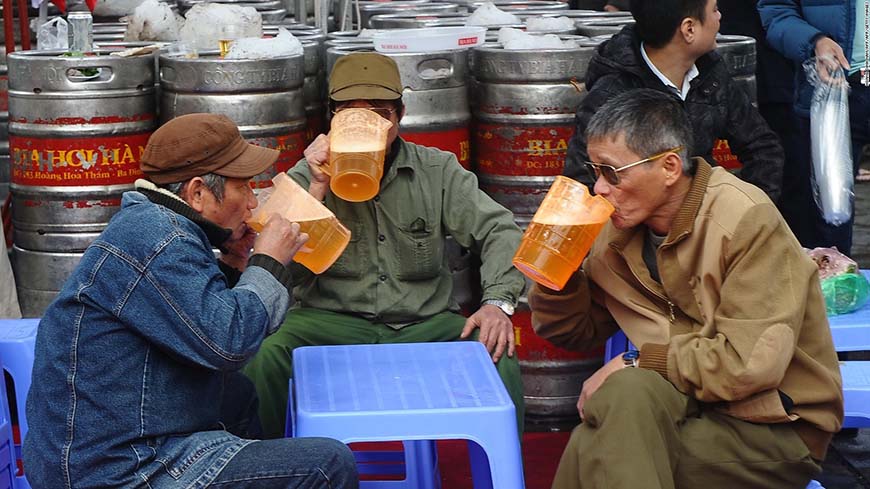
5. Power check
While staying in a hotel or homestay, pretend like you are at home and act responsibly. Be careful not to leave the A/C, TV or lights on when you leave the room, or keep your chargers plugged in for no reason. If you stay more than one night, think again before asking for new clean towels the next day that may not be necessary.

6. Never do something touristy with wild animals
Taking pictures with tigers or riding elephants have been very popular attractions for years. If you do some research though you will find out that those tigers are semi-sedated continuously and live in poorly maintained cages. The same goes for elephant rides where the animals are beaten and enslaved to entertain a minority. An inhuman behaviour that should no longer be encouraged.
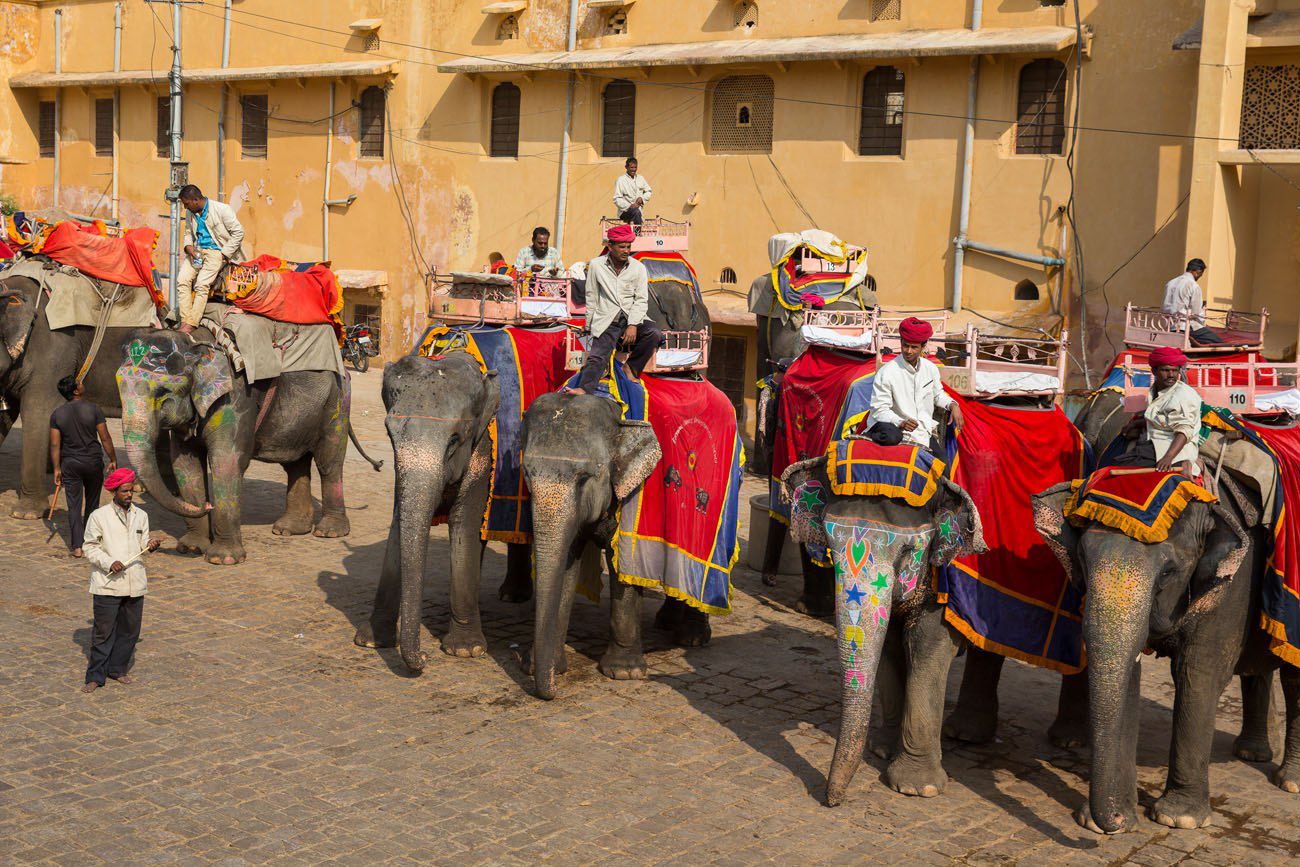
7. Travel with eco-friendly, sustainable and responsible tour operators
Discovering another country is not an easy task, especially when the culture is so far away from yours. The best advice here is to contact a local tour operator that can help you realise the trip of your dreams. Make sure to use the services of a responsible tour operator that employs local experts only, in each destination visited. A tour operator is an important tool in remote destinations, they provide a substantial source of revenue for families and have a positive influence on the welfare of local communities. So do not hesitate to ask them questions before booking.
